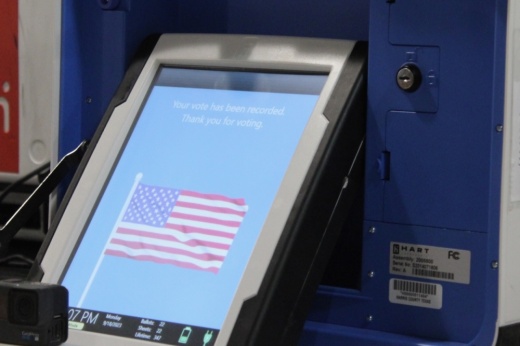Dates to know
- April 22: Early voting begins
- April 23: Last day counties can receive applications to vote by mail
- April 30: Early voting ends
- May 4: Election day
Alongside local elected officials and city or county propositions, Texans in counties with populations over 75,000 can elect three people to their local property tax appraisal boards. The elections were mandated after voters overwhelmingly approved state Proposition 4 in November. The proposition cut property taxes and added three elected positions to appraisal district boards in Texas’ 50 largest counties.
Appraisal district board members do not set property values. They serve in unpaid administrative roles, such as hiring the chief appraiser and setting the appraisal district’s annual budget. The chief appraiser assesses property values and issues tax exemptions. Learn more about appraisal district board elections here.
Check out your local edition of Community Impact or visit your county clerk’s website for more information about your ballot.
At the polls
During early voting, Texans can vote at any polling place in the county they reside in. Some areas also offer countywide voting on election day, while others require voters to visit polling locations within their precinct.
Registered voters can search for polling places through the state’s voter portal or contact their local election clerk.
Voters must bring at least one of seven forms of identification to the polls:
- A Texas driver license (issued by the Texas Department of Public Safety)
- A Texas personal ID card (issued by the DPS)
- A Texas handgun license (issued by the DPS)
- A Texas election ID certificate (issued by the DPS)
- A U.S. military ID card with the voter’s photograph
- A U.S. citizenship certificate with the voter’s photograph
- A U.S. passport
Additional information about reasonable impediments and voter ID rules is available on the secretary of state’s website.
Voters can bring written materials, such as notes or sample ballots, to the polls. However, voters may not promote any candidate, political party or ballot item within 100 feet of the entrance to the polling place.
Cellphones and other wireless devices are also banned within 100 feet of voting stations.
Guns are not allowed at polling locations.





